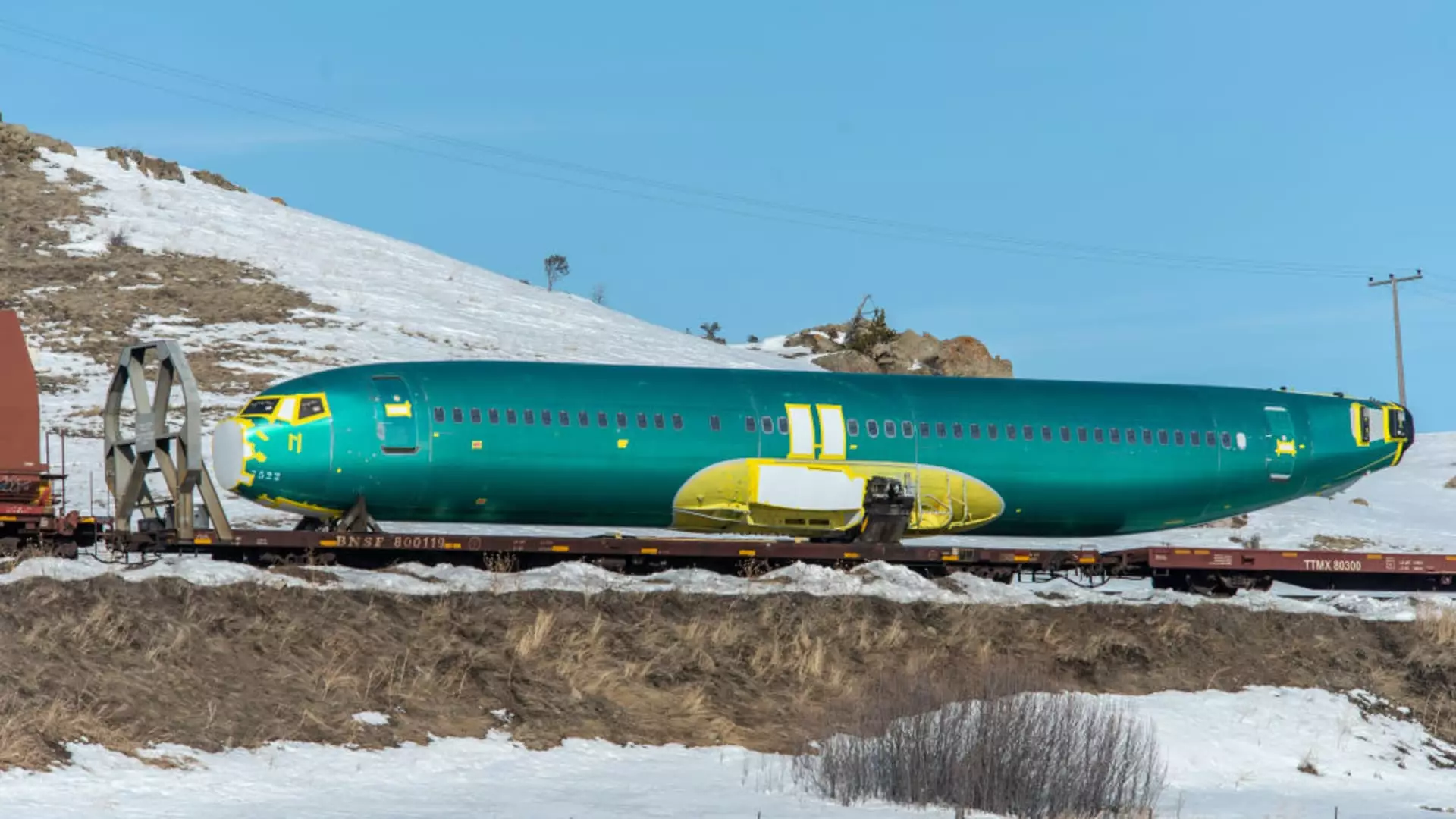Boeing CEO Dave Calhoun and other top company leaders are set to meet with the Federal Aviation Administration on Thursday to showcase a quality improvement plan that highlights enhanced staff training and production practices at its factories. The FAA requested this plan in response to a critical incident involving a near-catastrophic blowout of an airplane door panel on a new 737 Max 9 earlier this year.
In February, FAA Administrator Mike Whitaker gave Boeing a 90-day ultimatum to develop a quality improvement plan after the incident on an Alaska Airlines flight in January. Federal safety investigators discovered that bolts were missing, indicating that the panel was not properly secured before the plane was delivered to Alaska Airlines. As a result, the FAA prohibited Boeing from increasing 737 Max production until significant quality control improvements were made.
The crisis has severely damaged Boeing’s reputation, increased federal supervision, and led to a reduction in 737 Max production. This has caused disruptions for airline customers like United and Southwest, who have had to adjust their expansion plans. Boeing’s Chief Financial Officer Brian West revealed that the company now anticipates a cash burn instead of profit this year, with an estimated $4 billion to be utilized in the current quarter alone.
Despite Boeing executives acknowledging that the 90-day plan will not yield immediate results, they view it as a starting point for recovery rather than a final solution. The company is eager to receive feedback after presenting their progress to the FAA and the public.
Improvements in Staff Training and Production
Boeing’s update on Thursday is anticipated to outline advancements in staff training, including simplified instructions for mechanics and improved tool availability. Moreover, the company is expected to discuss the reduction of “traveled work,” a process where tasks on the planes are conducted out of order. Boeing will also provide insights into its factory “stand-downs,” brief pauses in production to engage in dialogues with employees about potential production line enhancements.
Through this quality improvement plan, Boeing aims to not only address the immediate concerns raised by the FAA but also rebuild its reputation, regain customer trust, and enhance safety standards within its operations. The company’s commitment to transparency and continuous improvement will be essential in restoring its standing as a leader in the aerospace industry.

